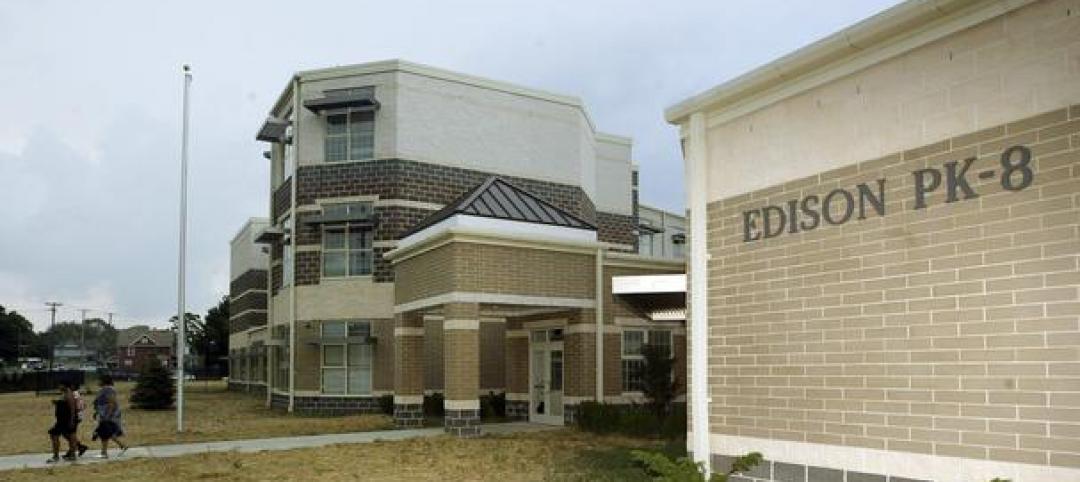Over the past five years, energy efficiency policies and codes have been made more stringent in many countries around the world, but for these measures to succeed stronger enforcement is needed, according to a report by Navigant Research.
“Globally, governments and regulatory agencies have increased their focus on commercial buildings, which are large consumers of the world’s energy,” adds Krystal Maxwell, research associate with Navigant Research. “Europe is a leader among world regions in energy efficiency policy, with the most rigorous building codes, performance standards, labeling, and benchmarking, as well as some of the most aggressive greenhouse gas emissions reduction targets.”
Commercial buildings, as large consumers of the world’s energy, have become primary targets for global governments and regulatory agencies. Increased regulation of policies, codes, and benchmarking must be enforced for successful policy reform, however, Navigant says.
Influencing code reform are the actions that many countries have taken to reduce greenhouse gas (GHG) emissions targets. The U.K. has the most ambitious target: An 80% reduction by 2050, with the emission level of 1990 as the baseline. The U.S. is aiming for a 26-28% reduction by 2025 from 2005’s level.
Related Stories
| Dec 22, 2011
Federal home weatherization program has impacted 6.8 million homes
More than 6.8 million homes have been weatherized using federal, state, utility, and other funds under the American Recovery and Reinvestment Act.
| Dec 22, 2011
Group developing BIM data standards
A collaboration among Georgia Tech’s Digital Building Lab, the Precast Concrete Institute, the American Concrete Institute, and the American Institute of Steel Construction aims to develop global standards for transportation of three-dimensional digital models among fabricator, architecture, engineering, and construction groups.
| Dec 22, 2011
New green code spells out thermal requirement for roof retrofits
The 2012 International Green Construction Code (IgCC) includes a straightforward approach to minimum thermal requirements for roof and wall systems.
| Dec 22, 2011
AGC’s safety conference Jan. 11-13 in San Antonio
The Associated General Contractors of America’s national meeting for safety and health professionals will take place Jan. 11-13, 2012 in San Antonio, TX.
| Dec 22, 2011
Proposed New York City zoning revamp encourages rooftop solar and wind energy
New zoning regulation proposals to make it easier for building owners in New York City to make their structures more sustainable have entered the public approval process.
| Dec 15, 2011
Dayton, Ohio schools saving $2.6 million annually by building to LEED
On average, green schools save about $100,000 a year on operating costs, including energy and water savings.
| Dec 15, 2011
Building to LEED standards can pose new risks for construction workers
Workers on these projects suffer a 24% increase in falls to lower levels during roof work, which researchers attributed to the installation of solar panels, and a few other risks.
| Dec 15, 2011
NRDC charges Maine governor with weakening green wood requirement
The FSC program is administered through the Leadership in Energy and Environmental Design (LEED) and requires wood to be harvested in a sustainable way.
| Dec 15, 2011
Post-tornado, Tuscaloosa seeks to create walkable urban, retail areas
Block sizes initially were limited to a maximum perimeter of 1,750 feet, with no side of the block being longer than 500 feet.
| Dec 15, 2011
Allentown, Pa. city council asked to repeal union-friendly law
The mayor of Allentown, Pa. asked the City Council to repeal a year-old ordinance that forces contractors to hire union workers for large city projects funded with state and federal dollars.
















